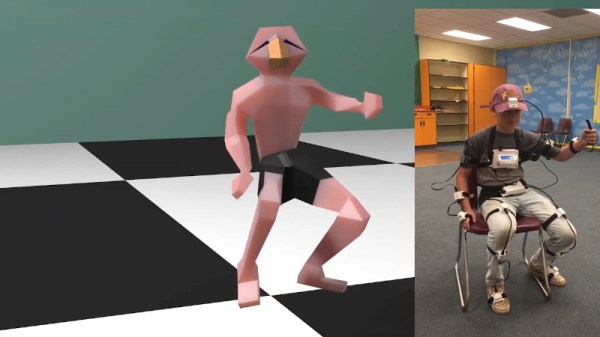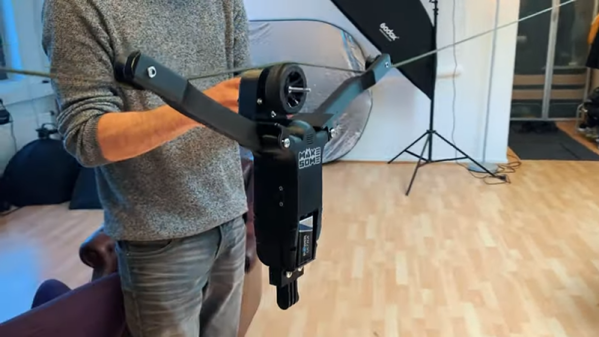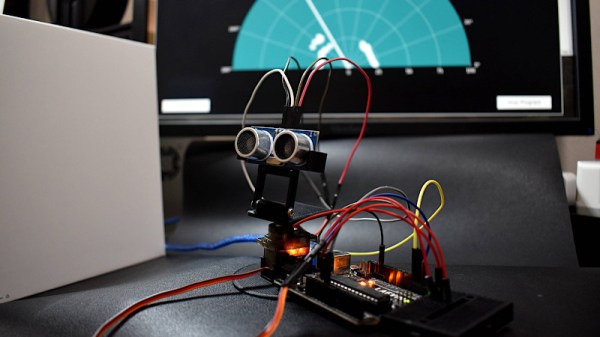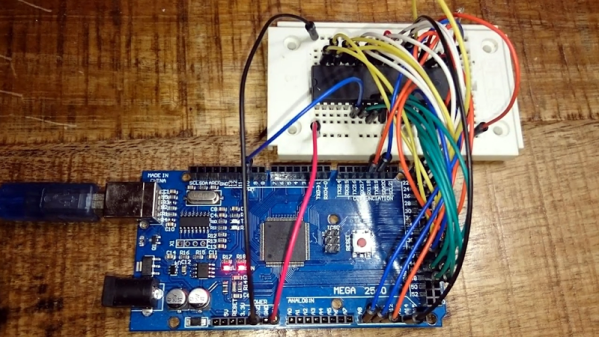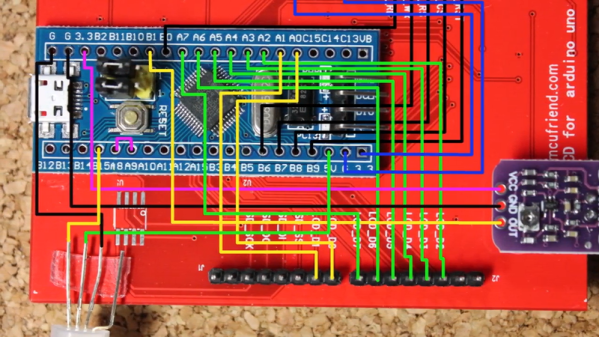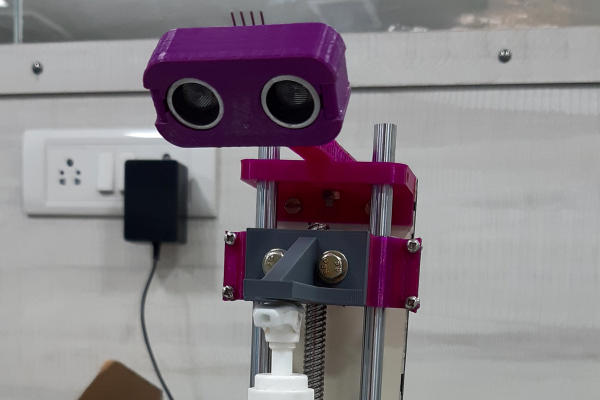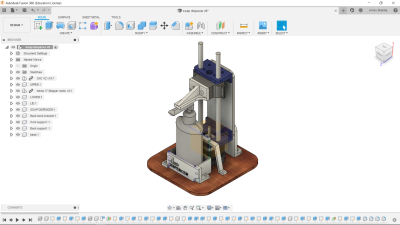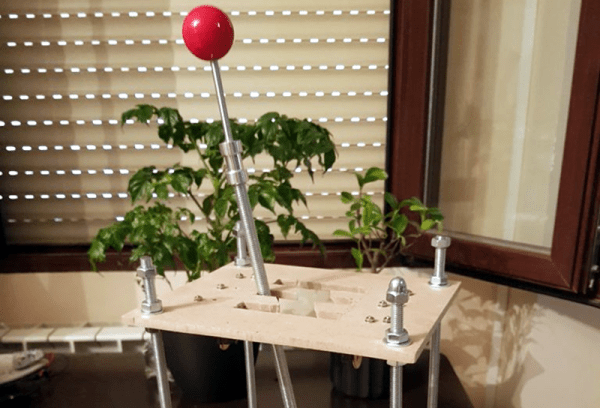Motion capture is a technology used in many films, particularly the animated variety. It makes giving characters realistic movements a cinch, as they’re all based on those of a real person. [Checkered Bug] worked with a middle school group who were looking to get started, so he whipped up a capable rig on a budget.
The rig is based around a chest unit that connects out to several satellite units placed at points on the body. Each unit contains a Bosch IMU which is used to measure the acceleration and rotation of the user’s various body parts. The data is fed back to an Arduino Mega, where it’s then passed to a PC running Blender. Motion sequences can be recorded live in Blender, or saved to an SD card and imported later. Files are available on Github for those keen to recreate the project.
It’s a tidy setup that does good motion capture on a low budget. Such a rig would have been inordinately expensive back in the day, but can now be whipped up for just a few hundred dollars. We’ve seen other motion capture systems before, too. Video after the break.
Continue reading “Building A Motion Capture Suit On The Cheap”

